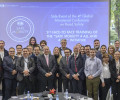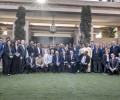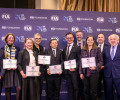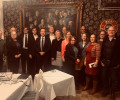WCAMT: A strategy for the future
FIA Deputy President Brian Gibbons reflects on a year of progress, and sets out the strategic orientation for the future
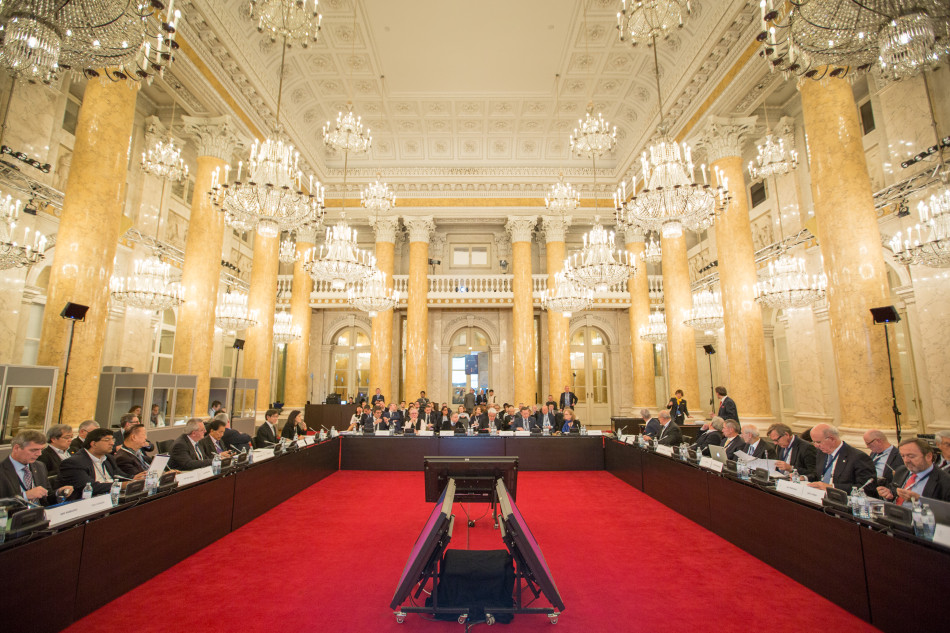
Yesterday marked another important step for the World Council for Automobile Mobility and Tourism, as it met to discuss the strategic priorities and plans for FIA Mobility, that will be implemented over the next years.
Acknowledging the ever-changing face of global mobility, FIA Deputy President for Automobile Mobility and Tourism, Brian Gibbons, said: “The operating environment for all Mobility Clubs continues to evolve rapidly. Around the world, we face emerging challenges from new intermediaries; changing patterns of consumption; and the impact of increased connectivity and emerging automation. Against this background we must also take account of the very significant differences in scale and market development across our network.”
The four main strategic priorities previously endorsed by the World Council – to support Club development through learning; to be a leading global advocate for safe, sustainable and accessible mobility; to assist Clubs in providing services to their members; and to communicate effectively with Mobility regions and Clubs – will again underpin the main force of FIA activities. Now that the foundations have been successfully laid, the focus is on creating clearer strategies by which to implement these goals.
To that end, it was proposed that the Council organise an additional meeting to its 2017 calendar. “Further to our regular meetings, held to coincide with the Region I Spring meeting in May and the Annual General Assembly in December, there is also an opportunity for us to meet in Tokyo, during the staging of the Mobility Conference in September,” continued Gibbons.
Recognising the increasing role and credibility of the FIA as a leading global advocate for road safety, it is continuing to expand its active work programme that promotes enhanced collaboration among UN agencies, international institutions, corporate partners and non- government organisations.
The FIA Road Safety Grant Programme will continue to deliver much needed support to practical actions by Member Clubs, which over the past year has had great success, including the Automobile Association of Singapore’s ‘Stay Focused!’ campaign which reached 60,000 people through publications and pledges.
A key area of focus over the past year has been the development of an FIA agenda for urban mobility.
Gibbons added: “For many Clubs, issues of congestion, infrastructure and air quality are growing points of focus and concern for their members.
“In an environment where local authorities are increasingly turning against car owners and car usage, the FIA can contribute to efforts to promote informed debate about the importance of more effective urban planning, stronger investment, and consumer choice.
“I am pleased to note that FIA Mobility has been able to secure significant additional funding to support the follow-up to the Vision 2030 project in each of the regions,” he added. “It is important that we optimise the results of this project. In particular, the efforts of the Mobility regions to help smaller and medium-sized Clubs to strengthen their capacity to evaluate their competitive development and to undertake more effective strategic planning.”
Finally one of highest strategic aims for FIA Mobility is to promote Club development through learning. A key pillar in efforts to respond to this imperative has been the creation of the FIA University.
Now in its fifth year, the FIA University is going from strength to strength. More than 300 Club delegates have taken part in at least one course module since its inception, and this year’s Membership Benefits Forum, held as part of the FIA Annual General Assembly in Vienna, will be used as an opportunity to review the progress of the FIA University to date and to consider what the future direction should be.
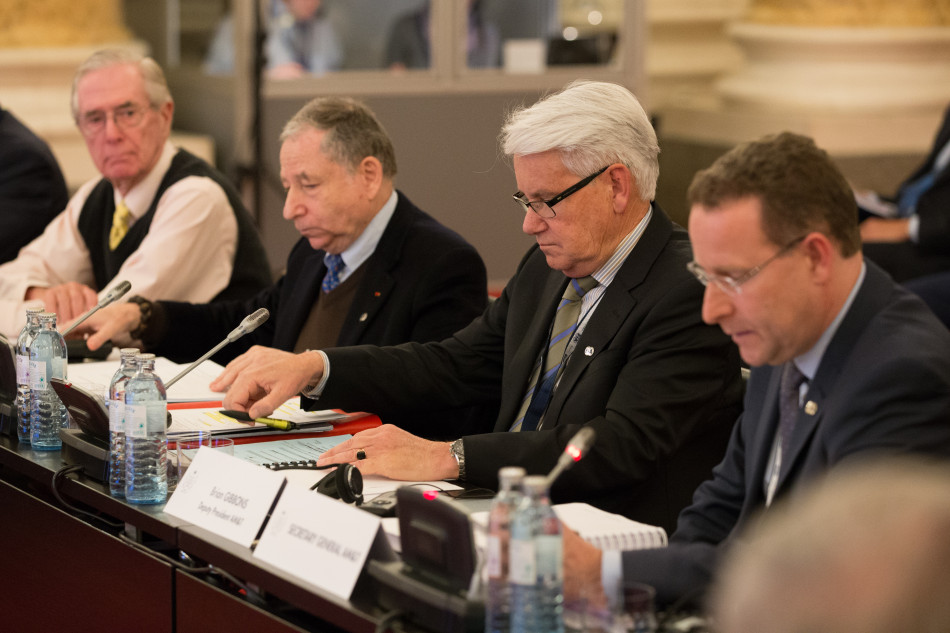

 Facebook
Facebook Twitter
Twitter


